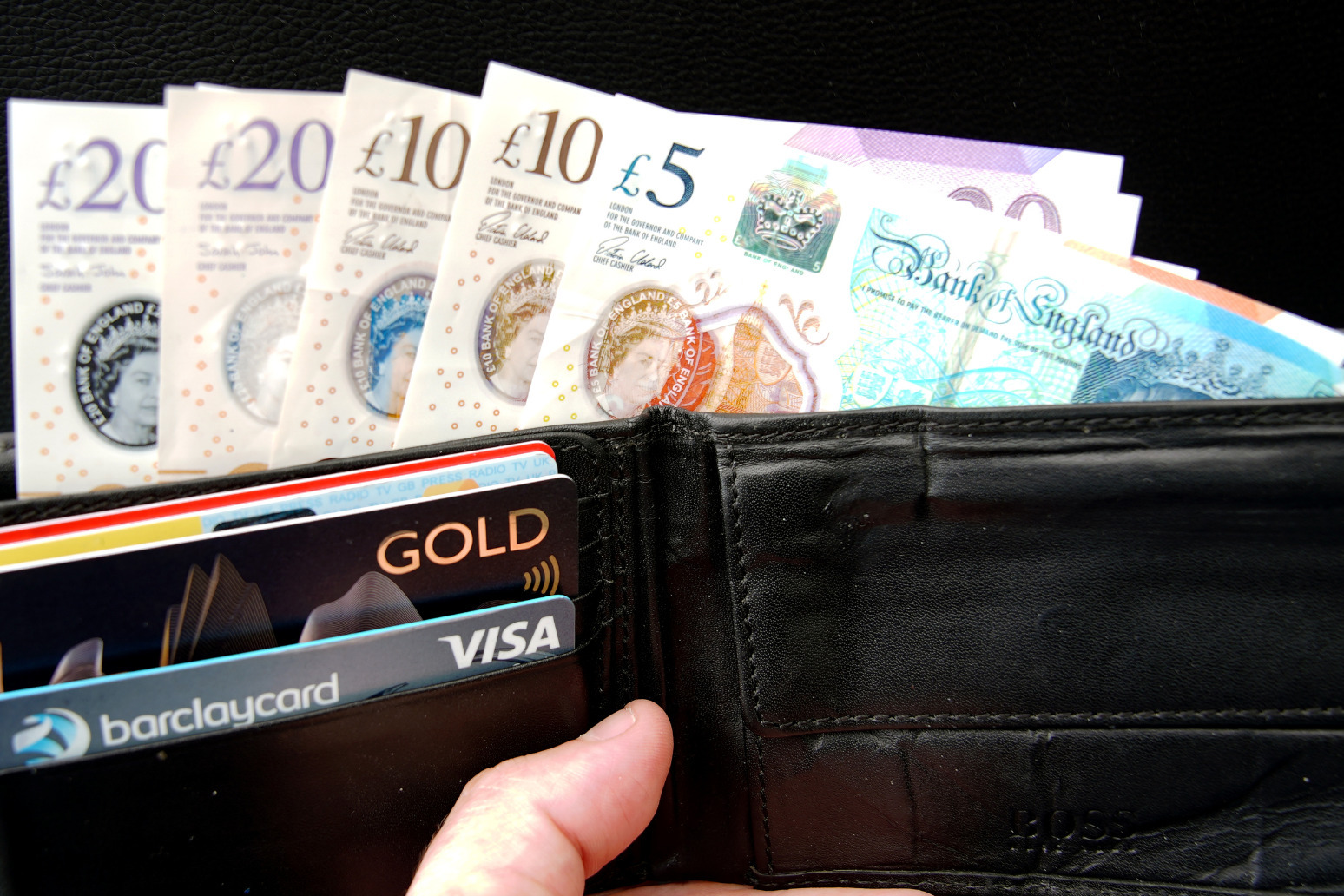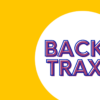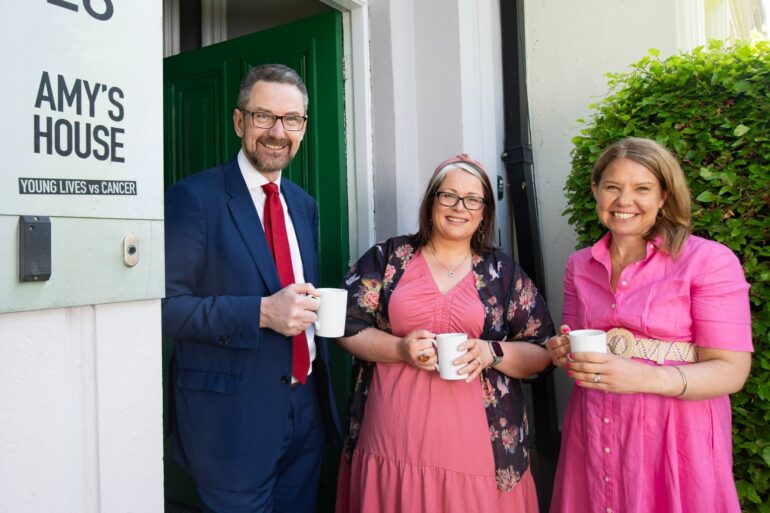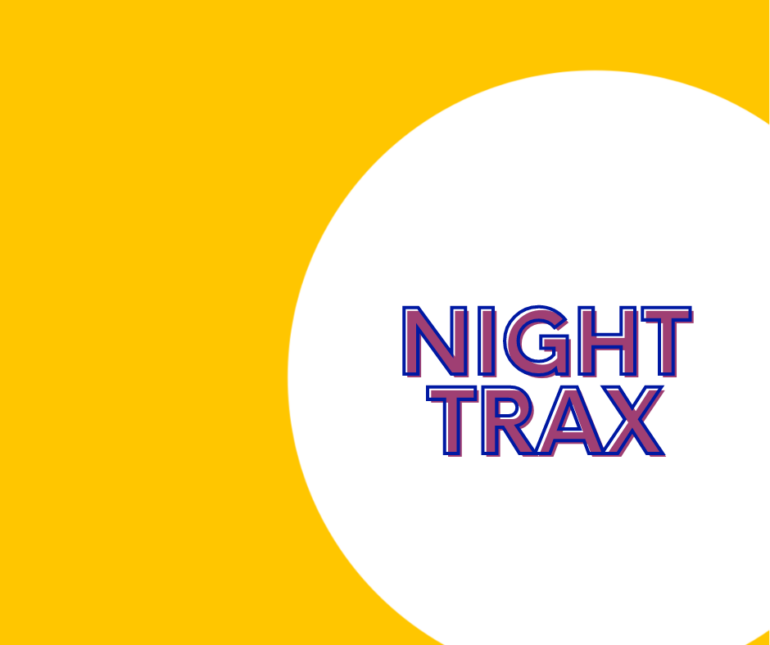-
 play_arrow
play_arrow
Kl 1 Radio Local radio for west Norfolk
-
 play_arrow
play_arrow
KL DISCO KL Disco Playing Disco Music from the 70's onwards.24/7
-
 play_arrow
play_arrow
KL COUNTRY KL COUNTRY Playing New and Classic Country Music 24/7
-
 play_arrow
play_arrow
KL ROX KL ROX The best of New and Classic Rock.24/7
-
 play_arrow
play_arrow
KL SUMMER Summer Vibes 24/7 from KL1 Radio across West Norfolk
-
 play_arrow
play_arrow
KL CLASSICAL Your Symphony Starts Here
-
 play_arrow
play_arrow
KL CHILL Just Chill!
-
 play_arrow
play_arrow
KL POP The Best POP Hits all day Long!
-
 play_arrow
play_arrow
KL XTRA KL XTRA
music_note

It comes into effect on Saturday
Millions of workers will receive a national insurance cut as the new tax year gets underway, helping to ease some of the strain on household budgets.
The main rate of employee national insurance will be cut from 10% to 8% from April 6 – the first day of the 2024-25 tax year.
When combined with a cut previously announced in the autumn statement, this will save the average worker on £35,400 more than £900 a year, the Government has said. About 27 million workers will benefit from the reduction.
And more than two million people will benefit from the main rate of self-employed national insurance being trimmed down.
The main rate of Class 4 NI contributions for the self-employed will be reduced to 6%. When combined with the abolition of the requirement to pay Class 2, this is expected to save a self-employed worker earning £28,000 about £650 a year.
Despite the NI cuts, some other thresholds may act as a “stealth tax” and make people feel worse off just by being left unchanged.
Frozen income tax bands pull people into higher brackets over time as their pay increases.
The standard personal allowance is £12,570, which is the amount of income that someone does not have to pay tax on.
Prime Minister Rishi Sunak said: “Hard work is one of my core values, and the progress we have made on the economy means we can reward work with a tax cut worth £900 for the average earner.
“This marks the next step in our plan to end the unfairness of double taxation of work by abolishing national insurance in the long term.”
Chancellor Jeremy Hunt said the cuts show “we stand behind those who work hard and fires the starting gun on our long-term ambition to end the unfair double tax on work”.
Rachel Reeves, Labour’s Shadow Chancellor, said: “Every time Rishi Sunak goes on the television claiming he is cutting taxes, he is insulting the intelligence of hard-working families.”
She accused the Government of “giving with one hand and taking with another”.
Labour is set to launch a new poster campaign on Friday on what it termed the the “Tory tax double whammy”.
About 170,000 families will also be taken out of paying a tax charge under the Government’s changes.
It will increase the threshold at which the high income child benefit charge kicks in, from £50,000 to £60,000.
The charge had been triggered when one parent in a household claiming child benefit has taxable income of £50,000 or more – but the threshold has been criticised for falling unfairly on the shoulders of single parents, as it is based on the income of the highest earner.
The rate at which the fee is charged will also be halved from 1% of the child benefit payment for every additional £100 earned above the threshold, to 1% for every £200.
This means that child benefit will not be withdrawn in full until a parent is earning £80,000 or more.
Overall, the Government has estimated that 485,000 families will gain an average of £1,260 towards the costs of raising their children in 2024/25 and that 170,000 families will be taken out of paying the tax charge.
The Government has also committed to consulting in due course on administering the charge on a household basis by April 2026, in recognition of how charging on an individual basis can sometimes lead to unfair outcomes.
Tax-efficient Isas will also become more flexible.
Savers will be able to open more than one Isa of the same type each year, in a move which could help people to shift their money around and make the most of the top-paying accounts.
Lucy Woodward, partner in the private wealth team at Saffery said: “This will make it easier for people to directly pursue better savings rates for cash Isas from other providers, if more favourable rates become available later in the tax year.”
Basic rate taxpayers can earn up to £1,000 in savings interest before paying tax, under the personal savings allowance.
But recent rises in savings rates may push some people into paying tax.
This could make Isas, which are ringfenced from tax, a more attractive option for some savers.
Laura Suter, director of personal finance at AJ Bell said: “Changes to the Isa rules from this weekend should make it easier for people to use Isas and not get tripped up by the rules, which should mean people can shop around and engage with Isas more.”
And from Monday April 8, pensioners will also get a boost.
Under the triple-lock guarantee, the state pension will increase by 8.5%, to reach £221.20 a week for the full, new state pension, and £169.50 a week for the full, old, basic state pension.
The changes come during a month when households are seeing a raft of bill hikes, including council tax, road tax, broadband, mobile, water and stamps.
More positively for households, the energy price cap fell on April 1 by 12.3% to £1,690 for a typical dual fuel household in England, Scotland and Wales.
Published: by Radio NewsHub

Similar posts
Upcoming shows

Weekend Back Trax
6:00 am - 8:00 am

Kelvin Scott – Weekend Breakfast
8:00 am - 11:00 am

Tom Green – Classic Hit Lunchtime
11:00 am - 1:00 pm

Darren Furzey – Classic Hit Weekend
1:00 pm - 3:00 pm

Lee Vincent – Classic Hit Saturday
3:00 pm - 6:00 pm
-

Linnets announce retained list

Relaxing lottery rules in NI would hand charities multimillion funding boost

Henry Pollock vows to be himself as Lions pick sparks comparison to Luke Littler

Teacher given 12 year jail term for brutal and frenzied knife attack

Hard work pays off as new partner is appointed at law firm
Message Us
Copyright The Mediasite UK - 2025



